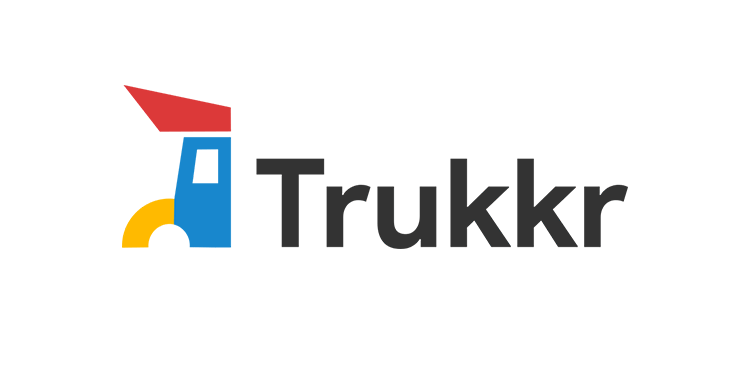Pakistan’s Information Technology (IT) industry stands as a beacon of innovation and growth in the South Asian region, propelled by a dynamic mix of talent, entrepreneurship, and government support. As the country embraces digital transformation, its IT sector, along with a vibrant startup ecosystem, is playing a pivotal role in driving economic progress and technological advancement.
The Current Landscape
Pakistan’s IT industry has witnessed remarkable growth in recent years, with a diverse array of companies and startups making significant strides in software development, IT consulting, outsourcing, digital marketing, and other specialized services. The industry’s value is estimated to exceed $3.5 billion, and this figure is poised for further expansion as the sector continues to evolve.
Fueling this growth are Pakistani startups, which have emerged as key players in driving innovation and disruption across various sectors. From telecom, e-commerce and fintech to healthtech and edtech, Pakistani startups are leveraging technology to address societal challenges, enhance efficiency, and create new opportunities for economic growth.
Key Growth Drivers
Several factors have contributed to the success of Pakistan’s IT industry and startup ecosystem. Foremost among these is the government’s commitment to promoting innovation and entrepreneurship through initiatives such as the Digital Pakistan Vision and the National IT Policy. These efforts have created a conducive environment for startups to flourish, offering incentives, funding opportunities, and regulatory support.
Additionally, Pakistan’s young and tech-savvy population has played a crucial role in driving innovation and entrepreneurship. With a large pool of skilled professionals graduating from universities and technical institutes, Pakistan boasts a talent pool capable of competing on the global stage. This abundance of human capital has attracted both domestic and international investors to the country’s burgeoning startup ecosystem.
Furthermore, the increasing adoption of digital technologies across various sectors has created a fertile ground for startups to thrive. From mobile apps and online platforms to IoT devices and AI-driven solutions, Pakistani startups are harnessing the power of technology to solve complex problems and meet the evolving needs of consumers and businesses.
Challenges and Opportunities
Despite the rapid growth of Pakistan’s IT industry and startup ecosystem, several challenges remain. These include limited access to funding, regulatory hurdles, infrastructure constraints, and a lack of ecosystem support. However, these challenges also present opportunities for innovation and collaboration, as stakeholders work together to address common concerns and build a more robust ecosystem.
One of the key areas of focus for Pakistani startups is digital inclusion, with efforts underway to bridge the digital divide and ensure that all segments of society have access to technology and its benefits. This includes initiatives to promote digital literacy, expand internet connectivity, and develop localized solutions that cater to the needs of underserved communities.
In addition to domestic challenges, Pakistani startups also face competition from global players and regional rivals. However, this competition also serves as a catalyst for innovation and excellence, pushing startups to strive for greater heights and differentiate themselves in the market.
Recent Updates and Future Outlook
Recent updates by the IT Ministry have further bolstered Pakistan’s IT industry and startup ecosystem. These include initiatives to promote innovation, provide financial support to startups, and create a conducive regulatory environment. Additionally, collaborations with international partners and participation in global tech events have helped raise the profile of Pakistani startups on the global stage.
Looking ahead, the future of Pakistan’s IT industry appears bright, with ample opportunities for growth, innovation, and collaboration. By leveraging its talent pool, embracing emerging technologies, and fostering a culture of entrepreneurship, Pakistan is well-positioned to become a hub for innovation and creativity in the digital age. With continued support from the government, private sector, and international community, Pakistan’s IT industry is poised to chart a path towards sustainable growth and prosperity.
You might like:



